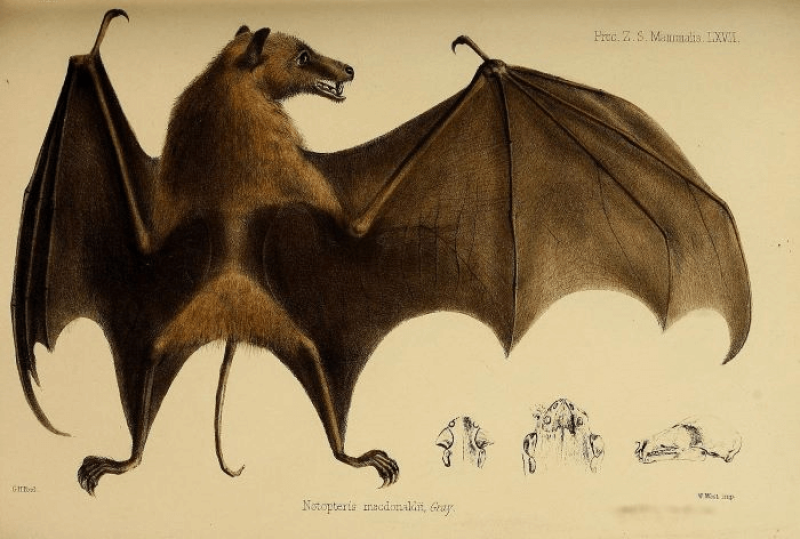Organic food without pesticides, hormones, fertilizers, herbicides, antibiotics, artificial chemicals, and genetically modified organisms is regarded by many as being better for human health and better for biodiversity than conventional farming.
Yet the activity of bats declines as farms make the transition to organic agriculture, according to new research on insect-eating bats at citrus orchards in Cyprus, according to a new study led by the Universities of Bristol, Göttingen, and Exeter.
The paper, published in the Journal of Applied Ecology, was entitled: “Transition to organic farming negatively affects bat activity.”
“We were surprised by our results; we expected the transition to organic farming to bring positive effects from the start,” said Penelope Fialas, from the University of Exeter.
“We can’t be certain why bats are negatively affected, but previous research suggests soil can suffer – with knock-on effects for other wildlife – when fertilizers, pesticides, and other aspects of conventional farming stop. “The soil and the wider ecosystem may take time to recover.”
Fialas added that “our findings suggest the transition to organic farming should be managed carefully, to limit any negative effects on biodiversity. For example, neighboring farms could avoid simultaneous transitions, allowing wildlife to find alternative habitats nearby while each farm switches its methods.”































